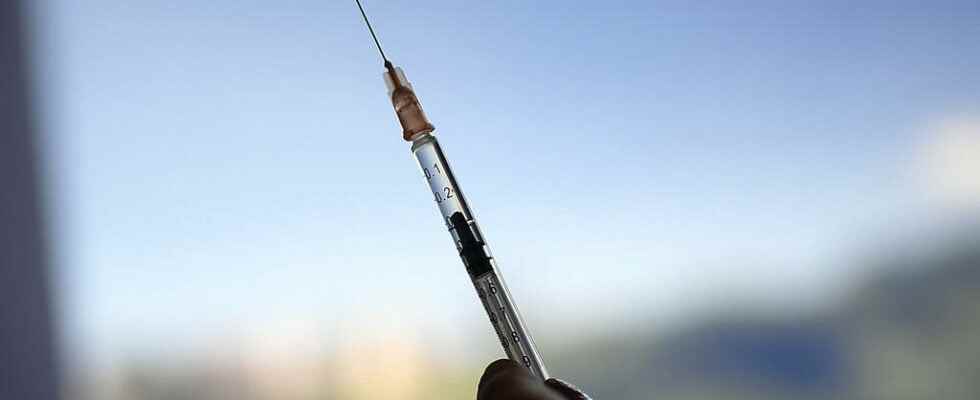Since January 1, anti-Covid vaccine producers no longer need to apply for authorization to export doses outside the European Union. A strong decision on the part of Brussels, which until now was due to its vaccine protectionism.
Could we see here an opening in vaccine protectionism in Europe? Until now, to export their serum outside the European Union, the producers of the anti-Covid vaccine had to obtain the agreement of the Member State from which they were sending the doses, and of the European Commission. From this January 1, it’s over.
However, they will still be accountable to Brussels since they will have to notify the customs authorities of their exports. The European Union had put in place this authorization system at the beginning of the year to ensure the good supply of vaccines in Europe.
But above all, the idea was to check that the laboratories keep their contractual commitments, in particular AstraZeneca, which Brussels accused of not honoring its orders. A shipment of 250,000 doses from the laboratory to Australia was also blocked in March from Italy.
Provide access to immunization for the most vulnerable countries
This decision on the export of vaccine doses without prior authorization goes in the direction of a better distribution of vaccines throughout the world which remains insufficient according to Frédéric Bizard, professor of health economics at ESCP. According to him, rich countries must go further to offer most vulnerable countries access to vaccination.
” We will not be able to get out of this pandemic or there is a probability that we cannot get out of it as quickly as we could if there is not a most effective international vision of distribution possible. vaccines. And that is something possible if the big buyers like the EU and the United States put conditions, not by restricting exports, but by conditioning their purchase. “
The professor of health economics explains, for example, that the purchase of a dose of vaccine for Europe should be accompanied by the purchase of a dose for low-income countries.
” For low-income countries, the labs have made a commitment to sell at cost. It is obvious that if there is not this kind of deal with countries which buy at a high price, the laboratories are not encouraged to sell at cost price to poor countries. “
Accused by some of keeping its doses only for itself, the European Union is still happy to have exported more than a billion doses in the world, that is to say more than half of its production. The Union has also pledged to give 700 million doses by mid-2022 to the most vulnerable countries, to achieve its goal: that 70% of the world’s population be vaccinated.
►To read: Vaccine inequalities: the gap is widening in the fight against Covid-19
